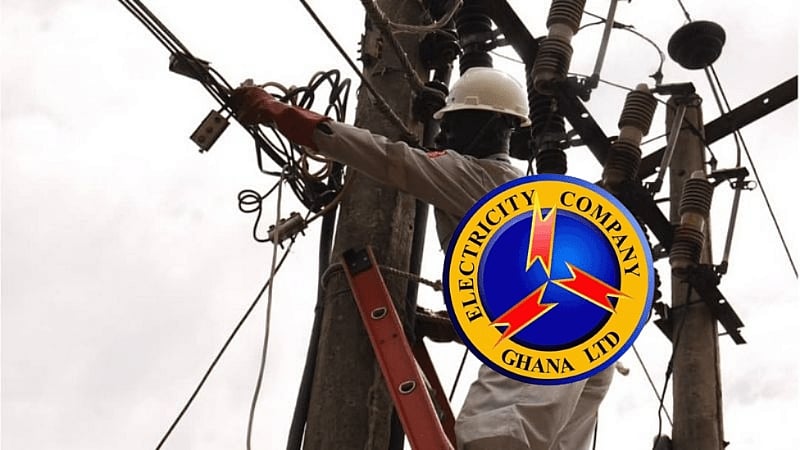The Accra West Region Power Outage: A Detailed Analysis of the Incident and its Impact
On Friday, May 16, 2025, a significant power outage struck several communities within the Accra West Region of Ghana. The Electricity Company of Ghana (ECG) attributed the disruption to a burnt high-tension pole located in New Achimota. This incident left a considerable number of residents without electricity, impacting daily life and various activities in the affected areas. The affected communities included Achimota Petroleum, Kinsby, Chantan, Nii Boye Town, Larbi Siaw, Sound Foundation, and their surrounding neighborhoods. The unexpected loss of power caused disruptions to businesses, homes, and essential services, highlighting the critical role of reliable electricity in modern society.
Upon identifying the cause of the outage, the ECG promptly dispatched a team of engineers to the site of the burnt high-tension pole. Their immediate task was to assess the damage and initiate the necessary repairs to restore power as quickly as possible. The ECG recognized the inconvenience this outage caused to their customers and issued a public statement acknowledging the situation. The statement, released on the same day, explained the reason for the power disruption and assured residents that engineers were actively working to rectify the fault. This transparent communication aimed to keep the affected communities informed and manage expectations regarding the restoration timeline.
The burnt high-tension pole represents a significant infrastructure failure within the Accra West Region’s power distribution network. High-tension poles are crucial components of the electricity transmission system, carrying high-voltage electricity over long distances. Their structural integrity is paramount for ensuring a continuous and reliable power supply to consumers. The incident underscores the importance of regular maintenance and inspection of these critical assets to prevent such failures in the future. A thorough investigation into the cause of the pole’s combustion is necessary to identify potential contributing factors, such as equipment malfunction, external damage, or environmental factors.
The power outage in the Accra West Region highlights the vulnerability of modern society to disruptions in electricity supply. The affected communities experienced a sudden halt in various activities reliant on electricity. Businesses were forced to cease operations, impacting productivity and potentially leading to financial losses. Homes were left without lighting, refrigeration, and other essential electrical appliances, disrupting daily routines and potentially affecting the well-being of residents, particularly vulnerable groups such as the elderly and those dependent on medical equipment. The outage also likely affected essential services such as healthcare facilities, educational institutions, and water supply systems, further emphasizing the widespread impact of such disruptions.
The ECG’s response to the power outage demonstrated their commitment to restoring electricity supply as efficiently as possible. Their engineers worked diligently to repair the damaged infrastructure and re-establish the connection to the affected areas. While the duration of the outage was not specified, the ECG’s proactive communication and assurance of prompt action aimed to minimize the inconvenience to their customers. Regular updates through official communication channels would have been essential to keep residents informed of the progress and expected restoration time. This transparent approach is crucial for maintaining public trust and managing expectations during such disruptive events.
The Accra West Region power outage serves as a reminder of the critical importance of investing in robust and resilient power infrastructure. Regular maintenance, upgrades, and inspections are necessary to prevent equipment failures and minimize the risk of power disruptions. Additionally, exploring alternative energy sources and implementing decentralized power generation systems can enhance the reliability of electricity supply and reduce the impact of such incidents in the future. The ECG’s response, while commendable, highlights the need for proactive measures to strengthen the power grid and ensure a more reliable and resilient electricity supply for the communities they serve. A thorough investigation into the cause of the burnt high-tension pole will provide valuable insights for improving their infrastructure and preventing similar incidents in the future.














